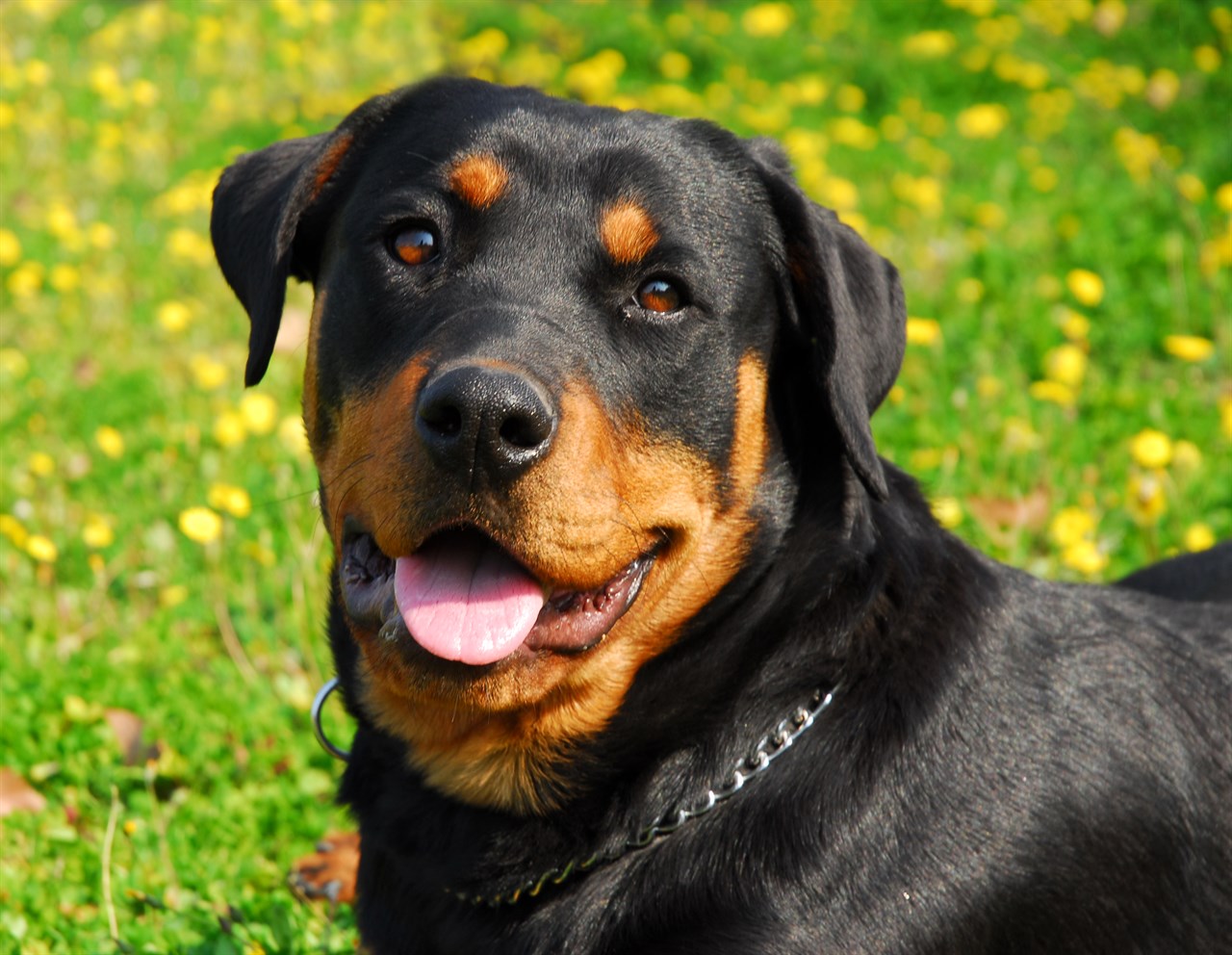Feeding Habits and Food Requirements of the Rottweiler: Nourishing a Strong Breed

Feeding a Rottweiler requires careful consideration of their nutritional needs, which are influenced by their size, activity level, age, and overall health. Providing the right diet is essential to support their growth, maintain their health, and ensure their well-being.
Dietary Considerations
- Puppy vs. Adult: Rottweiler puppies have different nutritional needs than adult dogs. Puppies require a diet that supports growth and development, including higher levels of protein and calories. As they age, their dietary requirements change, and they transition to an adult dog food.
- Quality Ingredients: Choose a high-quality commercial dog food that lists a meat source as the first ingredient. Avoid foods with excessive fillers and additives. Consult your veterinarian for recommendations on suitable dog food brands.
- Portion Control: Rottweilers have a tendency to gain weight if overfed, which can lead to health issues. Follow the recommended feeding guidelines on the dog food packaging, and adjust portions based on your Rottweiler's age, activity level, and metabolism.
- Protein: Rottweilers benefit from a diet with moderate to high levels of quality animal protein. Protein supports muscle development and overall health.
- Fat: A moderate amount of healthy fats is essential for providing energy and maintaining coat and skin health. Avoid excessive fat intake to prevent obesity.
- Complex Carbohydrates: Complex carbohydrates like whole grains and vegetables provide fibre and energy. They should be included in the diet but not be the main ingredient.
- Vitamins and Minerals: Ensure that the dog food you choose is formulated to meet the nutritional needs of Rottweilers, including vitamins and minerals like calcium and phosphorus for bone health.
- Fresh Water: Always provide your Rottweiler with access to fresh, clean water. Proper hydration is vital for their health.
Feeding Schedule
Establish a consistent feeding schedule for your Rottweiler. Most adult Rottweilers do well with two meals a day, while puppies may require more frequent feeding to meet their higher energy needs. Feeding at regular times helps with digestion and prevents overeating.
Special Considerations
- Weight Management: Rottweilers can be prone to obesity, which can lead to health problems like joint issues and heart disease. Monitor your dog's weight and adjust their diet as needed to maintain a healthy body condition.
- Allergies and Sensitivities: Some Rottweilers may have food allergies or sensitivities. If your dog exhibits symptoms like itching, digestive issues, or skin problems, consult with a veterinarian to identify potential dietary triggers.
- Age-Appropriate Food: As your Rottweiler ages, their dietary requirements may change. Consider transitioning to senior dog food when your dog reaches their senior years to address their changing nutritional needs.
- Consult with a Veterinarian: Your veterinarian is the best resource for tailoring a diet plan to your specific Rottweiler's needs. Regular check-ups can help monitor your dog's health and nutritional requirements.
Providing a well-balanced and nutritious diet is crucial for keeping your Rottweiler healthy, happy, and full of energy. A diet tailored to their age and activity level will contribute to their longevity and overall well-being.
Rottweiler puppies for sale
- Find Rottweiler puppies for sale in ACT
- Find Rottweiler puppies for sale in NSW
- Find Rottweiler puppies for sale in NT
- Find Rottweiler puppies for sale in QLD
- Find Rottweiler puppies for sale in SA
- Find Rottweiler puppies for sale in TAS
- Find Rottweiler puppies for sale in VIC
- Find Rottweiler puppies for sale in WA